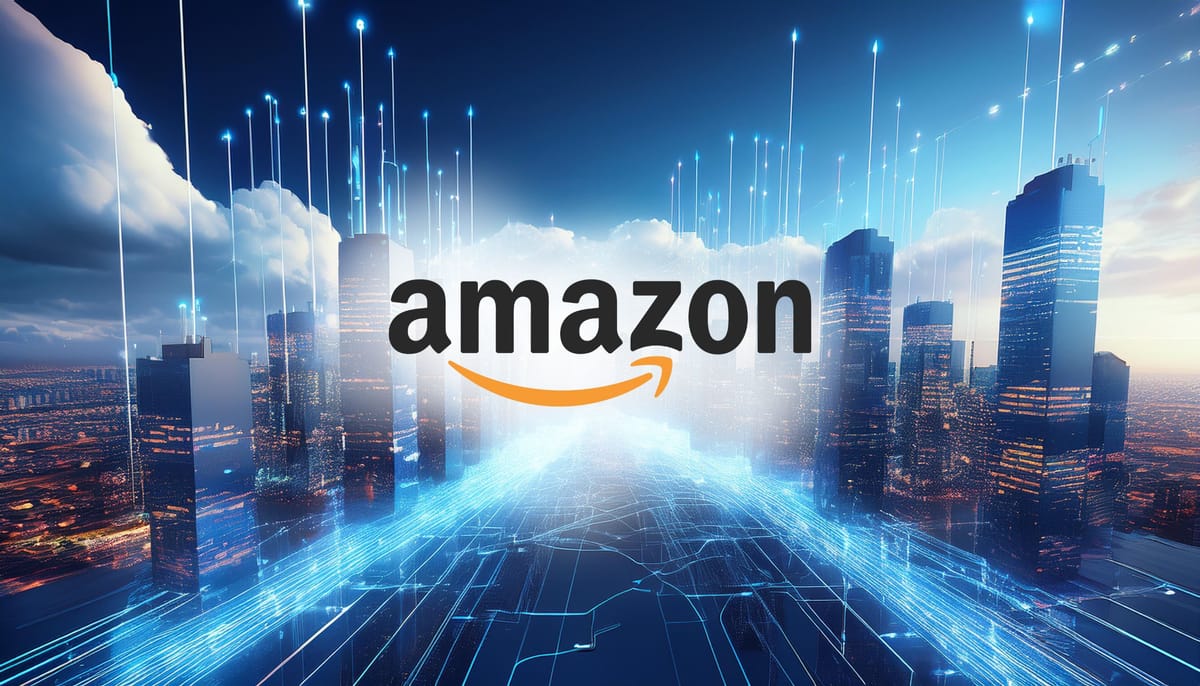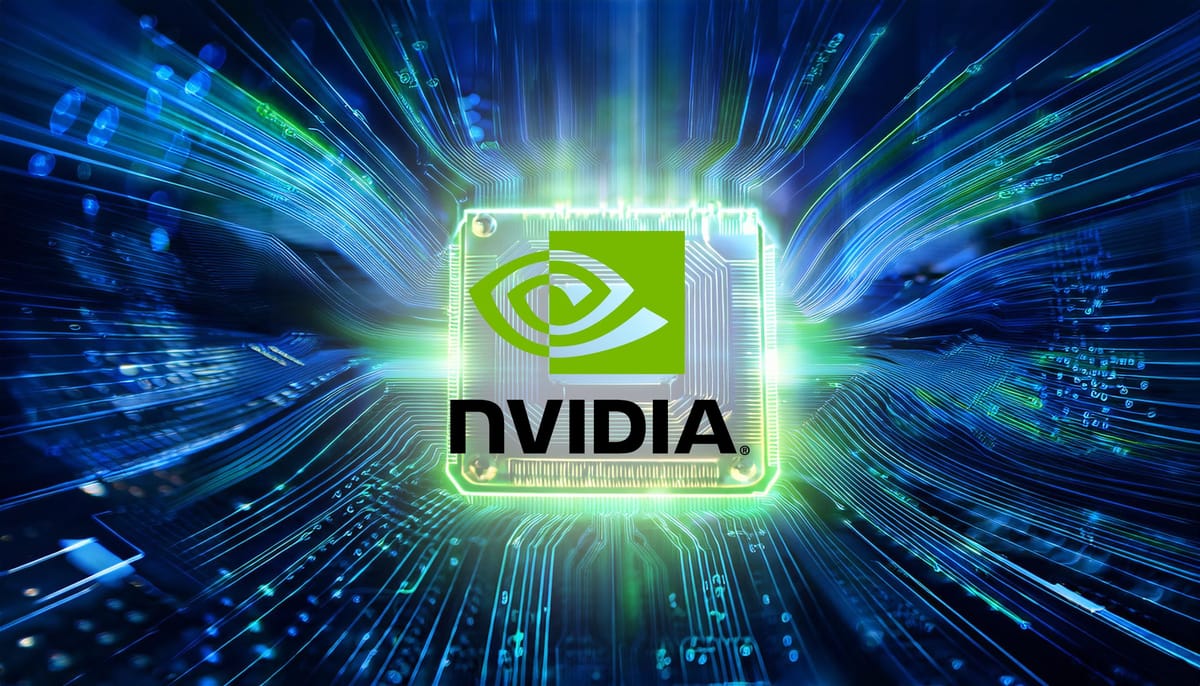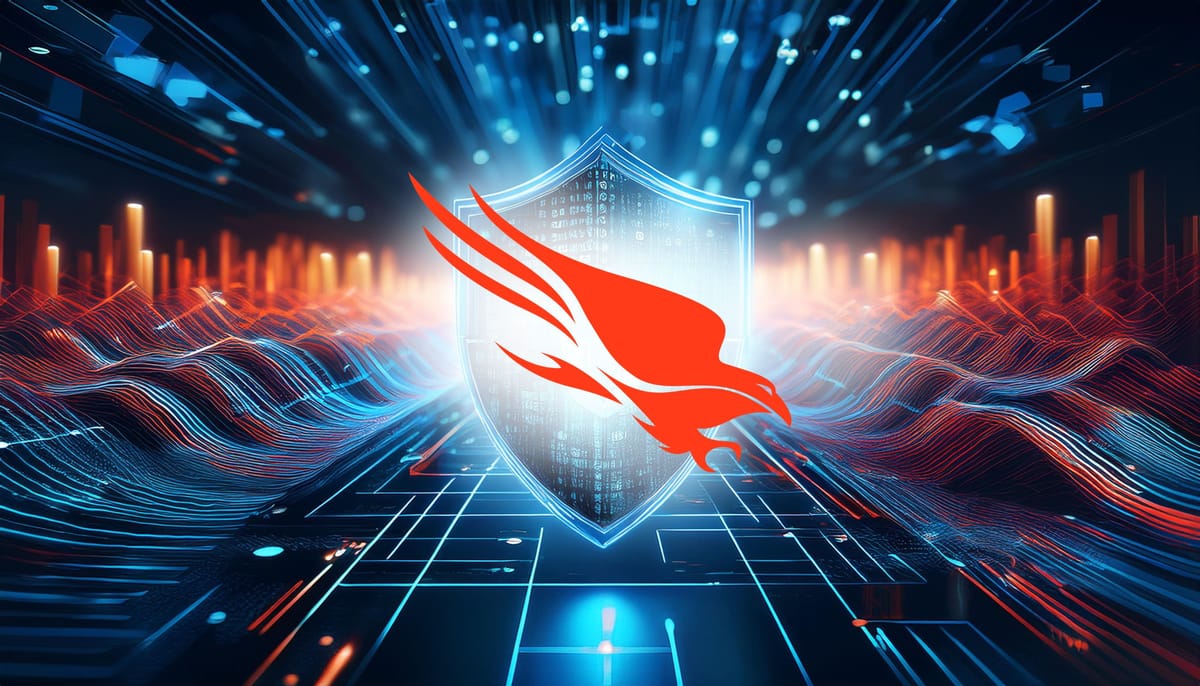In a really interesting talk at the Goldman Sachs Technology Communacopia and Technology Conference, Thomas Kurian, who's the CEO of Google Cloud, gave a full run-down of Google Cloud's strategy, growth, and its position in the fast-changing cloud and AI world. This analysis breaks down the main points from Kurian's talk, giving us some insights into where Google Cloud stands compared to its competitors, what kind of products it offers, and its future potential.
Google Cloud's Market Position and Growth
Thomas Kurian began his presentation by highlighting Google Cloud's significant growth and market position:
"We at Google Cloud are the organization that takes the innovation that Google is making in infrastructure, our data and digital platforms, cybersecurity and AI and brings it to enterprises, small companies, startups and governments."
This statement underscores Google Cloud's role as a bridge between Google's cutting-edge technology and the broader business world. Kurian went on to provide some impressive metrics:
"5x revenue growth in 5 years. We are now the fourth largest enterprise software company in the world on a stand-alone basis."
This rapid growth trajectory demonstrates Google Cloud's increasing relevance in the enterprise software market. The fact that it has become the fourth largest enterprise software company globally in such a short time is a testament to the effectiveness of its strategy and the growing demand for its services.

Infrastructure and AI Capabilities
Google Cloud's infrastructure forms the backbone of its offerings, with Kurian noting:
"We do that through a global infrastructure, 40 regions, 121 zones connected around the world. On that infrastructure, we've built world-leading AI training and inferencing systems, a collection of leading frontier AI models not just from Google but also partners like Anthropic and many others and a suite of tools."
This extensive global infrastructure provides Google Cloud with a strong foundation to support its AI and cloud services. The mention of partnerships with companies like Anthropic also highlights Google Cloud's strategy of offering a diverse ecosystem of AI models, not just relying on its in-house developments.
Kurian emphasized Google's long-standing leadership in AI infrastructure:
"For 11 years now, Google has built world-leading AI systems. We are in our sixth generation of accelerator technology, and we offer customers a choice of our accelerators as well as NVIDIA's."
This long-term commitment to AI infrastructure development has resulted in significant performance advantages:
"They're assembled into super high-scale systems that offer extremely good performance, 3x competitors for training, 2.5x competitors on a cost performance basis for inference."
These performance metrics suggest that Google Cloud has a compelling offering for companies looking to train and deploy AI models at scale.

Product Portfolio and Monetization Strategy
Google Cloud's product portfolio spans five key areas:
- AI Infrastructure
- Development Tools
- Data Analysis
- Cybersecurity
- Applications (including Google Workspace)
Kurian detailed how Google Cloud is integrating AI across this portfolio and monetizing these offerings in various ways:
"We monetize compute instances on a consumption basis. We monetize our AI developer platform by pricing on a token basis. But people also pay for the additional services, grounding, distillation, fine-tuning, adaptation and so on."
This multi-faceted monetization strategy allows Google Cloud to capture value at different levels of the AI stack, from raw compute to high-level AI services.
AI Infrastructure and Developer Platform
Google Cloud's AI infrastructure has seen significant adoption:
"We've seen 10x growth year-over-year in people using our systems for training. Here are examples of customers. 90% of AI unicorns run on our cloud for training and inference. 60% of all AI funded start-ups ever use our infrastructure for training or inference."
These statistics highlight Google Cloud's strong position in the AI startup ecosystem, which could lead to long-term customer relationships as these companies grow.
The AI developer platform, Vertex AI, has also seen strong growth:
"Over 2 million of them. As people migrate from proof of concept to production, we see a ramp in usage."
This growth in developer adoption is crucial for Google Cloud's long-term success, as it helps create a sticky ecosystem of AI applications built on its platform.
Data Platform and Analytics
Google Cloud's data platform focuses on connecting diverse data sources to AI models:
"We offer 2 important things with our data platform. First, the ability to connect any data on any cloud to a model with super low latency. So structured data, unstructured data, semi-structured data can be connected to any model with super low latency."
This capability is particularly valuable for enterprises with data spread across multiple cloud environments. Kurian also highlighted the introduction of a "data agent" that uses a conversational interface to simplify data analysis tasks.
The impact of these capabilities is evident in the growth of Google Cloud's analytics platform:
"BigQuery now runs 80% more ML operations in just the last 6 months. It's also being used not just to process structured data. There's been a 13x growth in multimodal data because of the capabilities of the Gemini model to process multimodal data."
This growth in ML operations and multimodal data processing demonstrates the increasing integration of AI into data analysis workflows.
Cybersecurity
Google Cloud's approach to cybersecurity leverages its global threat intelligence and AI capabilities:
"From our Mandiant acquisition, from the millions of endpoints that run Chrome and from our broad network, we collect summarized threat intelligence from around the world. That is fed into an AI model to help you prioritize the threats you're likely to face."
This integration of AI into cybersecurity operations has led to significant growth:
"We've seen a 4x increase in customer adoption, 3x the volume of data ingested, an 8x increase in threat hunting."
These metrics suggest that Google Cloud's AI-powered cybersecurity offerings are resonating with customers and addressing critical security needs.

Applications and Customer Experience
Google Cloud is not only integrating AI into existing applications like Google Workspace but also introducing new AI-powered applications:
"We're also introducing new applications. One example is applications we're introducing to help people in customer experience and customer service."
Kurian highlighted the unique capabilities of these applications, including multichannel support, multimodal interactions, and the ability to handle both deterministic and generative control in conversations.
Go-to-Market Strategy and Ecosystem
Google Cloud's go-to-market strategy focuses on specialization and solution selling:
"We've identified our go-to-market around key buyers. So for example, when we say we're selling cybersecurity, we're selling it to the CISO of a company. When we sell customer service, we're help -- typically selling to the Head of Customer Service or the Head of E-commerce."
This buyer-centric approach allows Google Cloud to tailor its messaging and value proposition to specific decision-makers within organizations.
Kurian also emphasized the importance of Google Cloud's partner ecosystem:
"We're not a big consulting shop. We're not a services organization. So we work with a broad partner ecosystem. Because we don't conflict with the partner ecosystem, we've invested in them."
This strategy of not competing with partners in services allows Google Cloud to leverage a broad network of system integrators and independent software vendors to expand its reach and capabilities.
AI Adoption and Future Outlook
Kurian provided insights into how customers are adopting AI across different layers of the stack:
"Broad brush, you can think about we offer infrastructure for people to use to build their own models or to tune existing models. Second, we help people with our AI developer platform to build their own agents. We have people building insurance agents, research analysis agents, customer service agents of their own. We've also provided packaged agents, a data agent, a cybersecurity agent, a collaboration agent for helping you write things."
This multi-layered approach to AI adoption allows Google Cloud to cater to a wide range of customer needs, from those wanting to build custom models to those seeking pre-built AI solutions.
Looking to the future, Kurian suggested that the monetization of AI will evolve:
"Early on, just like any other, if you look at the internet, first, people lay the infrastructure. Over time, monetization moves up. And so that diversification allows us to capture value in many ways. And over time, I think you'll see similar things."
This perspective indicates that Google Cloud is positioning itself to capture value across the entire AI stack as the market matures.
Competitive Differentiation
Throughout the presentation, Kurian highlighted several key differentiators for Google Cloud:
Advanced AI services:
"We offer advanced capability as a result in this platform, additional services like grounding to improve the accuracy of the answers. We've improved -- we've introduced something called high fidelity, adaptation, distillation, for example, take a large model and shrink it down."
Open platform with third-party models:
"In addition to Google's frontier models, we offer leading open source as well as third-party models: Anthropic, Cohere, AI21 Labs, Runway and many others."
Integrated AI stack:
"That entire stack is what we offer customers. That's why many leading companies use us for high-scale training but also inferencing."
Multi-cloud strategy:
"We introduced a concept in 2019 called multi-cloud. What was that meant to be? It basically said you should be able to use our technology in concert with other cloud providers, and you should be able to standardize on our solution."
These differentiators position Google Cloud as a flexible, comprehensive platform for enterprises looking to adopt and scale AI technologies.
Final Thoughts
Thomas Kurian's presentation at the Goldman Sachs Technology Communacopia and Technology Conference provided a comprehensive overview of Google Cloud's strategy and position in the rapidly evolving cloud and AI landscape. The key takeaways include:
- Strong growth trajectory, with 5x revenue growth in 5 years and becoming the fourth largest enterprise software company globally.
- A comprehensive product portfolio spanning AI infrastructure, development tools, data analysis, cybersecurity, and applications.
- Significant traction in the AI startup ecosystem, with 90% of AI unicorns using Google Cloud for training and inference.
- A multi-faceted monetization strategy that captures value across different layers of the AI stack.
- A go-to-market approach focused on specialization and solution selling, complemented by a strong partner ecosystem.
- A differentiated offering centered on multi-cloud compatibility, an integrated AI stack, and advanced AI services.
As the AI and cloud markets continue to evolve, Google Cloud appears well-positioned to capitalize on these trends. Its strategy of offering a comprehensive, open platform that spans the entire AI stack, combined with its strong growth and increasing market share, suggests that Google Cloud will continue to be a major player in shaping the future of enterprise AI and cloud computing.
Those following Alphabet and the broader cloud computing sector should pay close attention to Google Cloud's continued execution of this strategy, particularly its ability to monetize AI services and maintain its growth trajectory in an increasingly competitive market.





